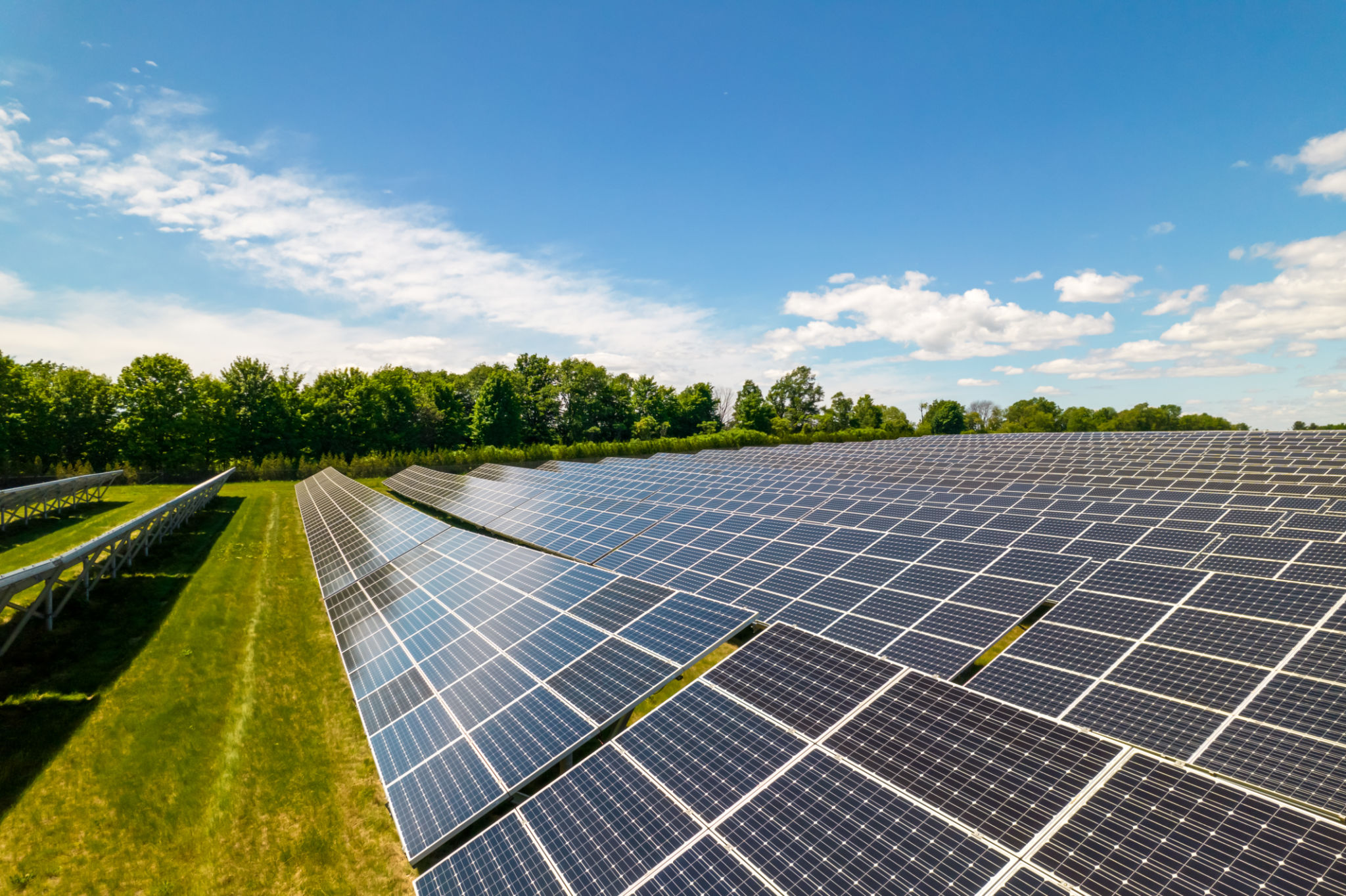Eco-Friendly Farming Solutions in UAE: A Practical Guide
Introduction to Eco-Friendly Farming
As the world shifts towards sustainable practices, the UAE is embracing eco-friendly farming to ensure food security while preserving environmental resources. With its arid climate and limited water resources, the UAE faces unique challenges in agriculture. However, innovative solutions are paving the way for a greener future.

Eco-friendly farming in the UAE focuses on reducing the carbon footprint, conserving water, and improving soil health. These practices not only support the environment but also enhance the quality and yield of crops. In this guide, we explore practical solutions that farmers can adopt to promote sustainability.
Water Conservation Techniques
Water scarcity is a critical issue in the UAE, making conservation techniques crucial for sustainable farming. One effective solution is drip irrigation, which delivers water directly to the plant roots, minimizing evaporation and runoff. This method can reduce water usage by up to 50% compared to traditional irrigation methods.
Another approach is rainwater harvesting, which involves collecting and storing rainwater for agricultural use. This practice not only conserves water but also reduces dependency on groundwater resources. Implementing these techniques can significantly enhance water efficiency in farming operations.

Soil Health Improvement
Healthy soil is the foundation of successful farming. In the UAE, sandy and nutrient-poor soils pose challenges for crop cultivation. To improve soil health, farmers can incorporate organic matter such as compost or manure. These materials enrich the soil with essential nutrients and improve its structure.
Crop rotation is another effective method to maintain soil fertility. By alternating different types of crops, farmers can prevent nutrient depletion and reduce soil erosion. Additionally, using cover crops can protect the soil from harsh weather conditions and promote biodiversity.
Renewable Energy Solutions
The adoption of renewable energy sources is a significant step towards eco-friendly farming. Solar panels are becoming increasingly popular in the UAE due to abundant sunlight. Farmers can use solar energy to power irrigation systems, reducing reliance on fossil fuels and lowering operational costs.

Wind energy is another viable option, particularly in areas with consistent wind patterns. By integrating renewable energy solutions, farmers can achieve greater energy independence and contribute to a reduction in greenhouse gas emissions.
Embracing Technology and Innovation
The use of technology in agriculture is transforming how farming is conducted in the UAE. Precision farming techniques, such as GPS mapping and sensors, allow for more efficient resource management. Farmers can monitor soil conditions, track crop health, and optimize inputs with greater accuracy.
Vertical farming is another innovative solution gaining traction in urban areas. This method involves growing crops in stacked layers, maximizing space and minimizing water usage. Vertical farms often employ hydroponics or aeroponics systems, which require less soil and water compared to traditional farming.

Conclusion
Eco-friendly farming solutions are essential for building a sustainable agricultural sector in the UAE. By adopting water conservation techniques, improving soil health, utilizing renewable energy, and embracing technological innovations, farmers can contribute to a more resilient future.
These practices not only benefit the environment but also offer economic advantages by reducing resource consumption and enhancing productivity. As more farmers in the UAE embrace these solutions, the nation moves closer to achieving its sustainability goals and ensuring food security for future generations.
